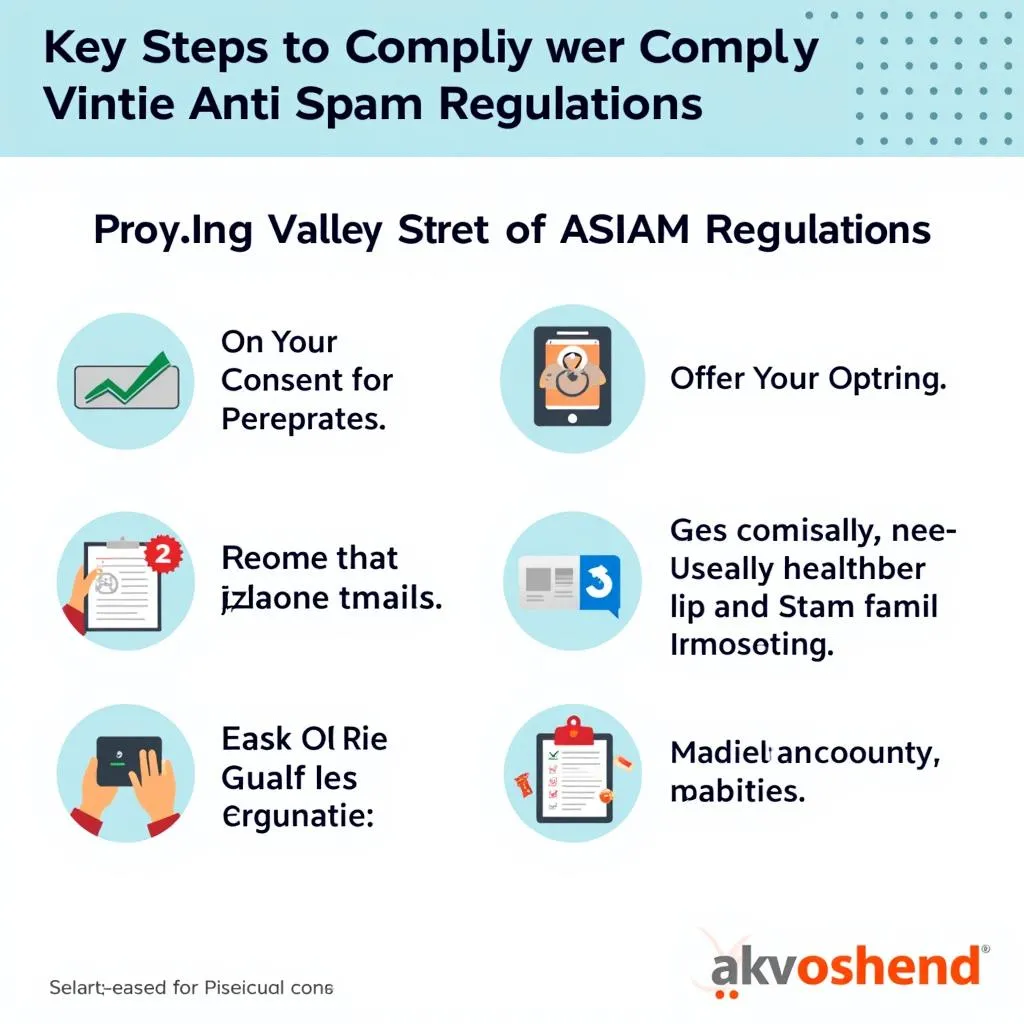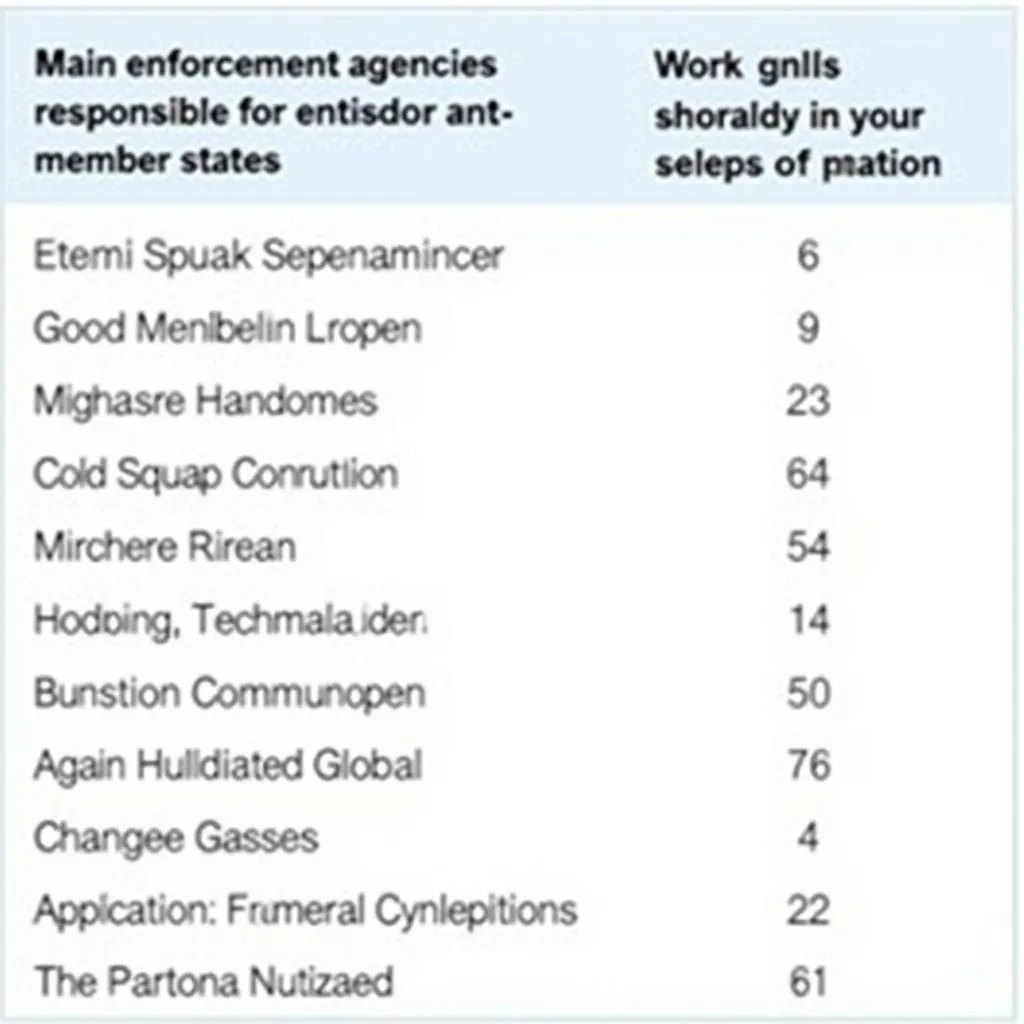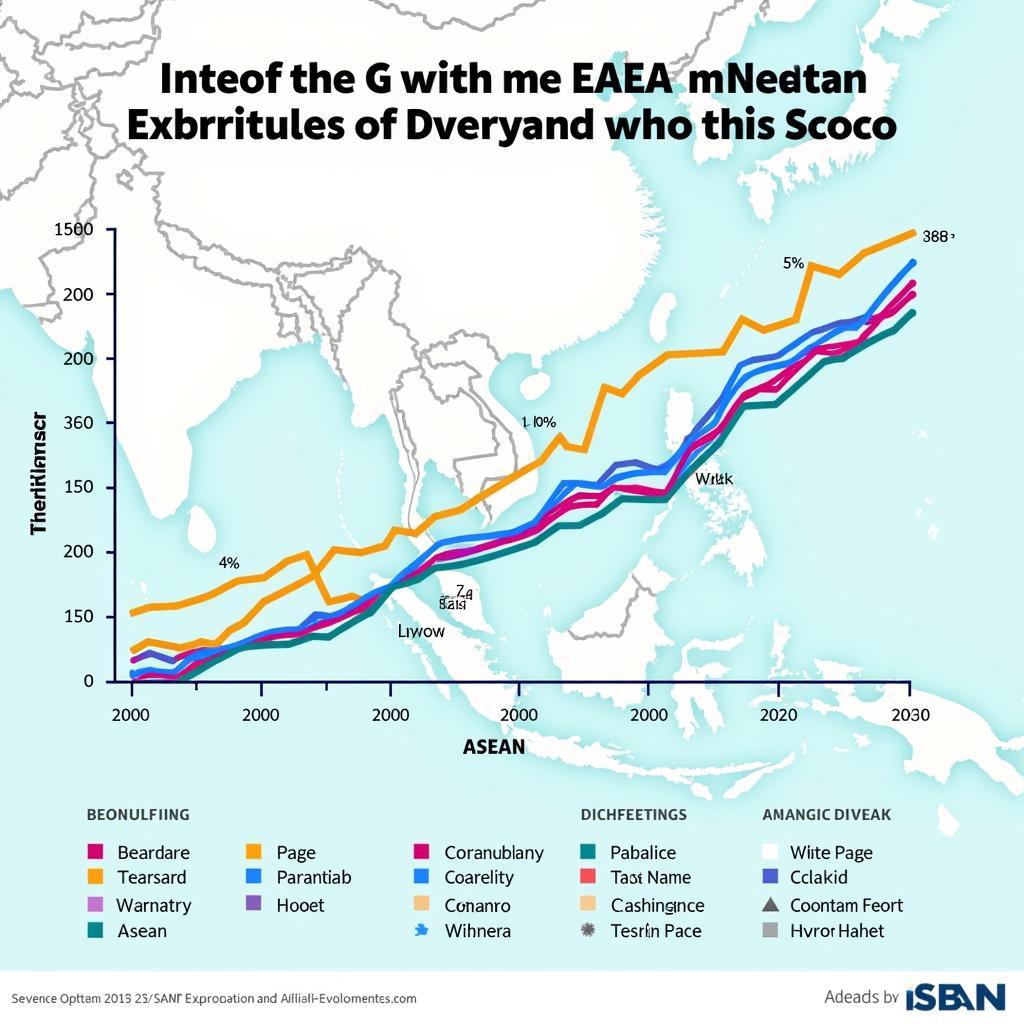The Association of Southeast Asian Nations (ASEAN) is a dynamic region with a rapidly growing digital economy. However, this growth has also brought new challenges, including the rise of spam and other forms of online abuse. To address this issue, ASEAN member states have implemented various anti-spam measures to ensure a safe and secure digital environment for businesses and consumers alike.
This guide provides an overview of ASEAN’s anti-spam measures and offers practical advice for businesses operating in the region. We’ll explore the key regulations, best practices, and resources available to help you comply with these measures and protect your brand’s reputation.
What are ASEAN’s Anti-Spam Measures?
ASEAN’s anti-spam measures aim to combat unsolicited commercial electronic messages that can disrupt businesses and individuals. These measures typically cover:
- Defining Spam: Each member state defines spam based on its specific legislation. Generally, spam includes electronic messages that are unsolicited, commercial in nature, sent without prior consent, or contain misleading information.
- Consent and Opt-Out Options: Businesses must obtain explicit consent from recipients before sending commercial electronic messages. This includes providing clear opt-out options that allow recipients to unsubscribe from future communications.
- Content Restrictions: Spam regulations often restrict the use of deceptive subject lines, misleading content, or false sender information.
- Enforcement and Penalties: ASEAN member states have established enforcement mechanisms to address violations of anti-spam regulations. Penalties may include fines, imprisonment, or other sanctions.
Why are Anti-Spam Measures Important?
The importance of ASEAN’s anti-spam measures extends beyond protecting businesses and individuals from unwanted communications. They are also crucial for:
- Preserving Consumer Trust: By combating spam, ASEAN member states aim to foster a trusted digital environment where consumers can interact with businesses confidently.
- Protecting Businesses from Reputational Damage: Spam can harm businesses by damaging their reputation and eroding customer trust.
- Promoting Economic Growth: A safe and secure online environment encourages investment and fosters innovation, contributing to the growth of the digital economy.
Key Best Practices for Businesses
To avoid violating ASEAN’s anti-spam regulations and maintain a positive online presence, businesses should adhere to the following best practices:
- Obtain Explicit Consent: Always obtain explicit consent from recipients before sending any commercial electronic messages.
- Provide Clear Opt-Out Options: Make it easy for recipients to unsubscribe from your mailing lists.
- Use Accurate and Transparent Practices: Send messages from legitimate email addresses, clearly identify yourself, and avoid deceptive subject lines.
- Respect Unsubscribe Requests: Process unsubscribe requests promptly and ensure that recipients are removed from your lists.
- Stay Updated on Regulations: Regularly monitor updates to anti-spam laws and regulations in ASEAN member states to ensure compliance.
ASEAN Anti-Spam Regulations: A Regional Overview
While ASEAN member states have adopted anti-spam regulations, the specific details and enforcement mechanisms may vary. Here’s a brief overview of some key regulations:
- Indonesia: The Ministry of Communication and Information Technology (Kominfo) has issued regulations regarding electronic transactions, including provisions on spam.
- Malaysia: The Malaysian Communications and Multimedia Commission (MCMC) has implemented the Spam Control Act 2006 to address spam issues.
- Singapore: The Personal Data Protection Act (PDPA) addresses spam and unsolicited communications, emphasizing data protection and consent requirements.
- Thailand: The Electronic Transactions Act, B.E. 2544 (2001) covers spam regulations, including restrictions on unsolicited commercial electronic messages.
- Vietnam: The Law on Information Technology (2006) and its implementing decrees address spam and unsolicited communications.
What to Do if You Suspect Spam?
If you receive unsolicited commercial electronic messages that you suspect are spam, consider the following steps:
- Report the Spam: Most ASEAN member states have online portals or contact points for reporting spam.
- Unsubscribe: Use the opt-out options provided in the spam message to remove yourself from the sender’s list.
- Contact the Sender: If the spam message is sent from a legitimate company, you can contact the sender directly to request that they stop sending you unsolicited messages.
Conclusion
ASEAN’s anti-spam measures are crucial for creating a safe and secure digital environment for businesses and consumers. By understanding these regulations, adopting best practices, and reporting spam when you encounter it, you can help contribute to a thriving online ecosystem in the region.
FAQ
Q: What types of electronic messages are considered spam in ASEAN?
A: Unsolicited commercial electronic messages, including emails, text messages, and social media messages, are generally considered spam.
Q: How can I obtain consent from recipients to send them marketing emails?
A: You must obtain explicit and informed consent from recipients before sending them commercial electronic messages. This consent should be clear, unambiguous, and documented.
Q: What are the consequences of violating ASEAN’s anti-spam regulations?
A: Penalties can include fines, imprisonment, or other sanctions, depending on the severity of the violation and the specific laws of the member state.
Q: How can businesses in ASEAN ensure compliance with anti-spam regulations?
A: Businesses should implement a comprehensive anti-spam strategy that includes obtaining consent, providing opt-out options, using transparent practices, and regularly monitoring regulations.
Q: Where can I find more information about ASEAN’s anti-spam regulations?
A: You can find detailed information on the websites of the relevant authorities in each ASEAN member state. You can also contact legal and regulatory experts specializing in digital law.
 ASEAN Anti-Spam Compliance Checklist
ASEAN Anti-Spam Compliance Checklist
 ASEAN Anti-Spam Enforcement Agencies
ASEAN Anti-Spam Enforcement Agencies
We hope this guide has provided you with valuable insights into ASEAN’s anti-spam measures. If you have any questions or require further assistance, please contact our team at [ase work supervisor email address](https://aseanmediadirectory.com/ase-work-supervisor-email-address/). We’re here to help your business navigate the evolving digital landscape of ASEAN.

